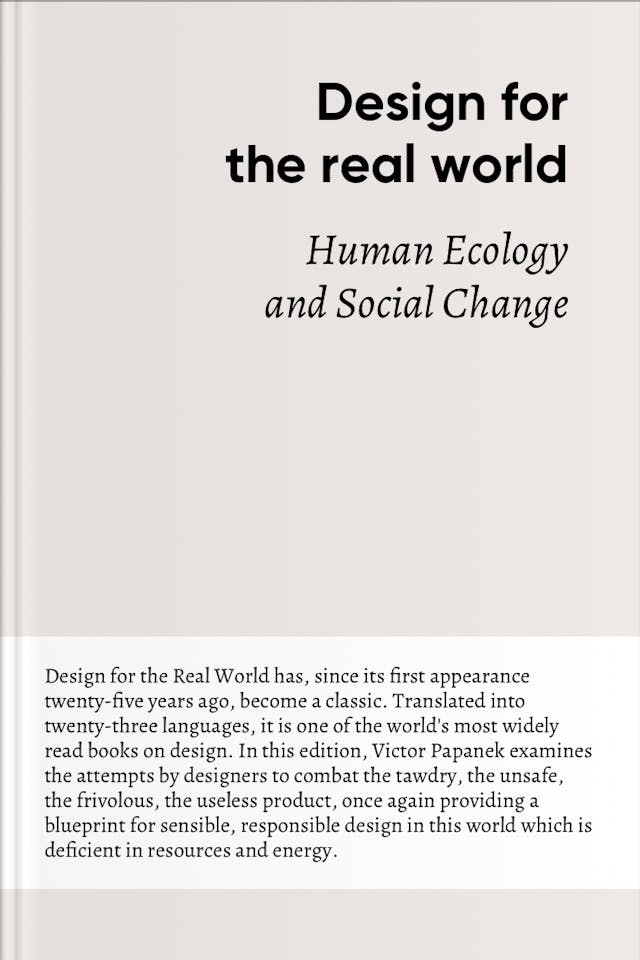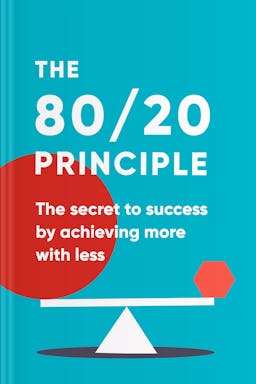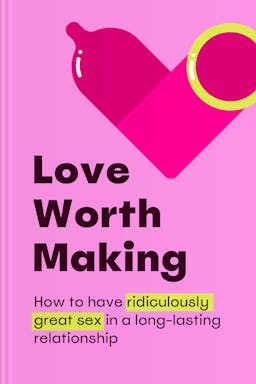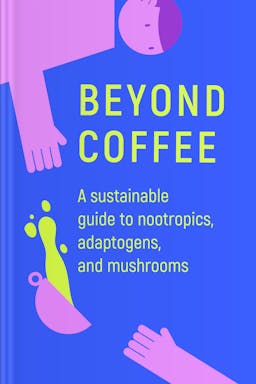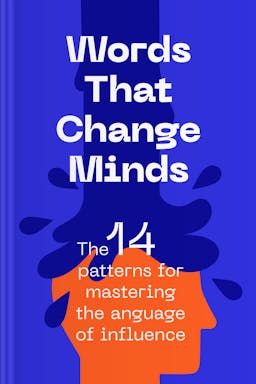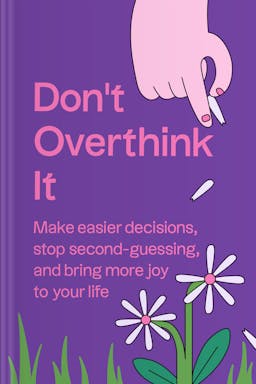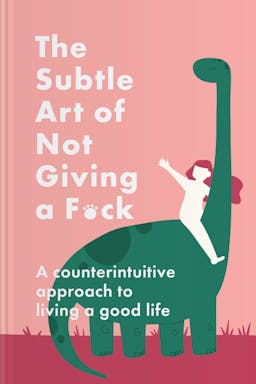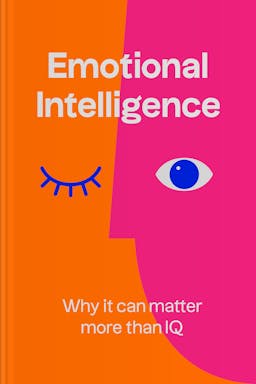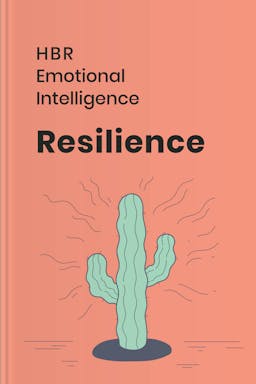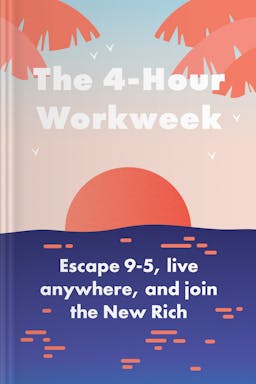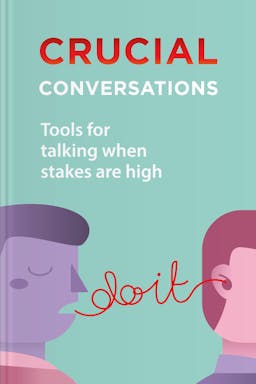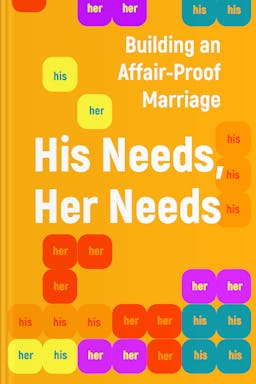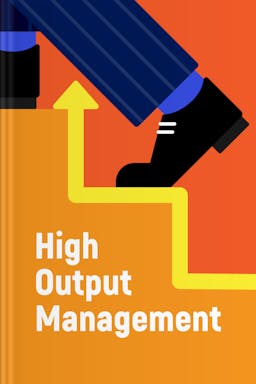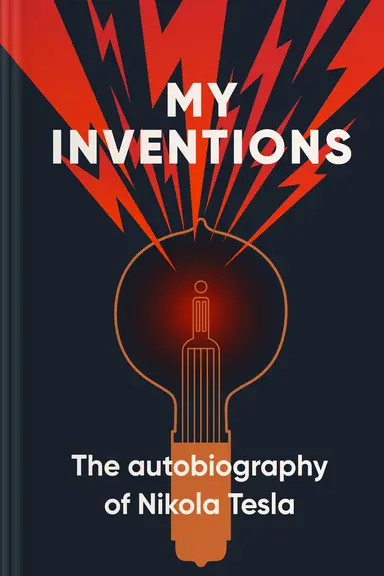

Summary of My Inventions
Short summary
Table of content
- Summary of My Inventions
- About the author
- What is My Inventions about?
- Who should read My Inventions
- Topics in My Inventions
Nikola Tesla was a peculiar inventor, genius polymath, and the most important contributor to commercial electricity
Tesla was an inventor that derived satisfaction from discovering and creating solutions. He was never motivated by fame or money. He abhorred manual labor but thrived on exercising his intellectual prowess.
Also, he compared himself to his brother, who died prematurely due to an accident involving the family horse. Tesla believed that his achievement paled in comparison to the ingenuity of his brother. Yet, anytime he did something extraordinary, his parents imagined what life would have been like had his brother survived. The fact that Tesla’s ingenuity provoked sad memories in his parents affected his self-confidence.
Another factor that militated against the full exploration of his potential was the disagreement between him and his father about his career choice. His father wanted him to become a clerical officer, while his desire was to become an engineer.
Tesla believed the genetic imprint of an inventor came from his mother, while the strength of his memory came from his father, who trained him to recite long sentences, perform mental calculations, and spot errors in forms of expression.
In this summary, you’ll gain insight into the thought process of Nicola Tesla, discover the biological and environmental factors that contributed to the career path he chose, and learn vital lessons that will stir your creative mind.
Did you know? It was not until 1943 that the United States Supreme Court acknowledged him as the inventor of the radio.
Nature and nurture combined to develop Nikola Tesla’s inventive skills

Tesla’s mind was so powerful that he invented things in his imagination before creating them in the real world
It is vital to train the mind and body if we are to achieve great goals in life
The primary motivations of an inventor is to save lives or make life easier to live
Tesla discovered the rotating magnetic field that his professor declared impossible to design
Conclusion
What is My Inventions about?
Who should read My Inventions


Enjoy summarized nonfiction bestsellers
Grasp the book’s key ideas in less than 15 minutes
Get startedGet new knowledge easily
Let’s check how many titles you can finish in a month with Headway! Tell us how much time you’d like to spend on reading:
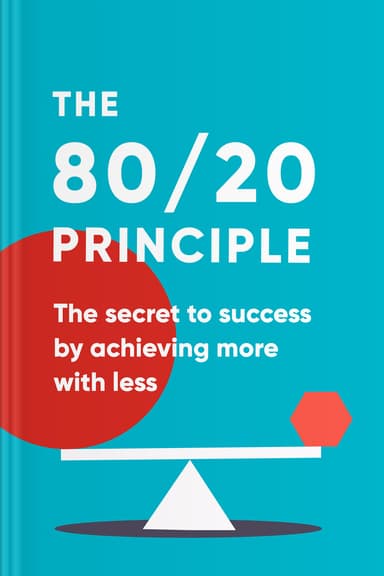

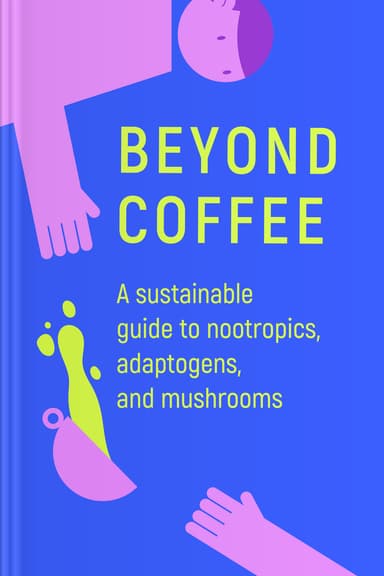
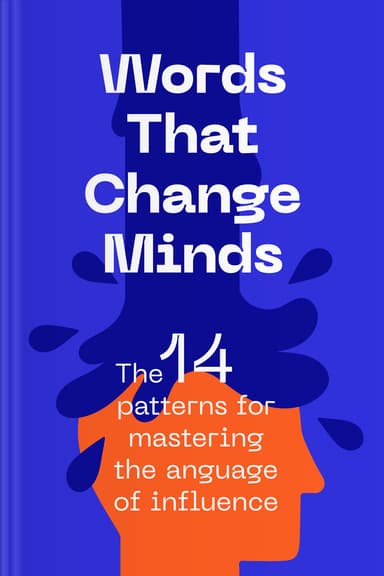


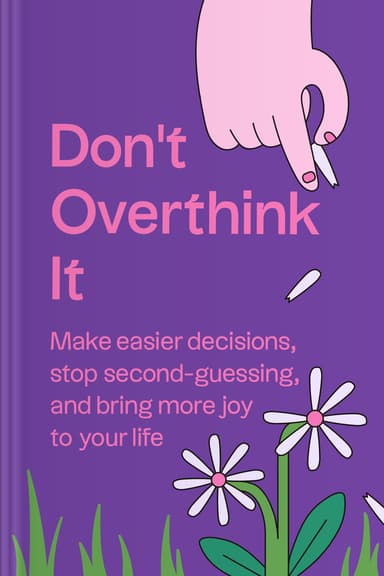
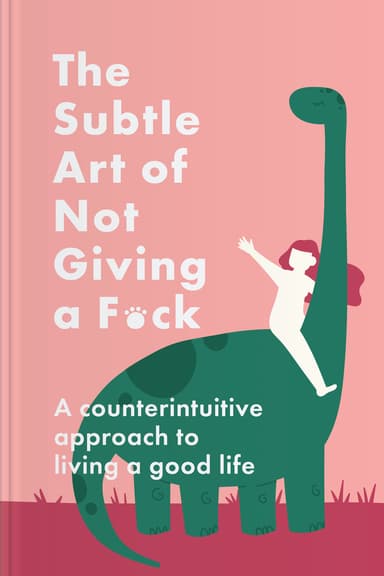


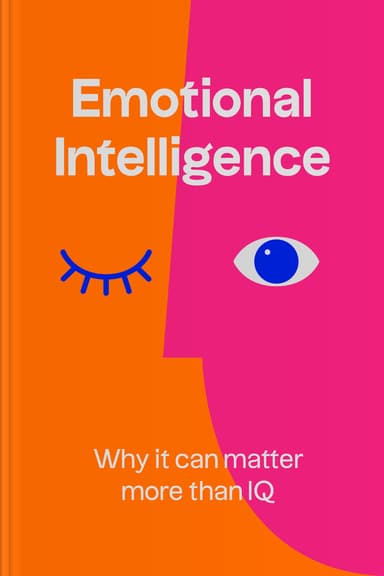
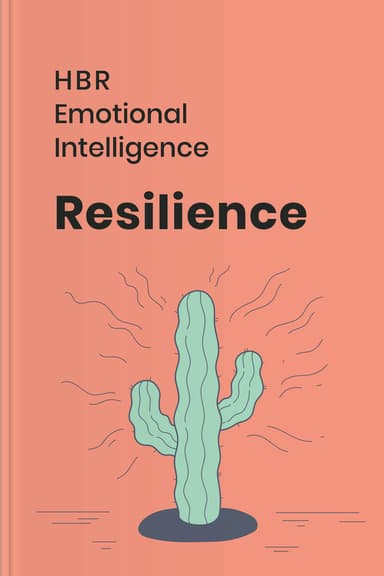


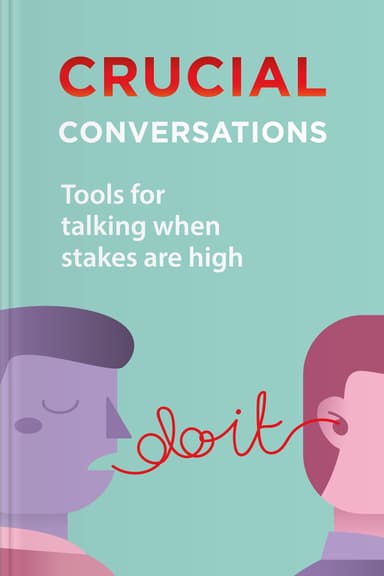

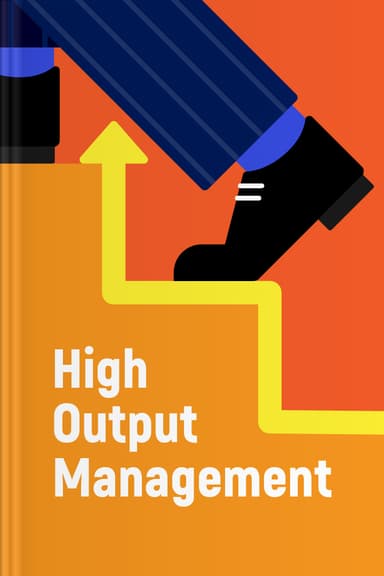
Join 30+ million learners around the world
Everything you need to be motivate, to learn & to self improves is all here. I actually do appreciate the reminders because otherwise this wouldn’t work for me. Thank you
Headway is the answer! No longer accumulating books I never read. With Headway, I initially chose the areas important to me such as productivity, time management, etc., and each day I'm provided several book summaries from which I devote 20 minutes or more each day reading. All of this on my phone! My life has improved with Headway. Truly my most useful app.
An excellent concept, executed well. Headway can help you retain what you've read while introducing you to the essential core of new information. It's an easier way to stay inspired, and to be reminded of the mental tools you've learned
In today’s world, we rarely have time. Between our jobs, our families are social obligations, when do we have time to grow and develop ourselves? Headway is an excellent app that gives you that time it gives you those little snippets of information that you need to direct your focus in on your life. Headway gives you a chance to find out the meat of a book that you might want to purchase and read or listen to in-depth without wasting a lot of time trying to figure out is this book for me? I highly recommend the app.
The selections are on point and the summaries are excellent! I listen while I walk my pup 🐶 and have in turn, ordered a few selections! REALLY loving the app, it’s layout, daily selections and features!
I've gotten multiple books out of the library with the intent to read them, but always have a hard time finding the time. This app has helped me finally be able to get to them. Summarized, yes, and thank goodness too! Just short enough I can finish one on my way picking kids up from school/practice, or while I'm cooking dinner. I can't wait to listen to them over the summer when we visit the beach!
It amazed me! There is the possibility to highlight the most important points of each book and instantly translate unfamiliar vocabulary. With the ability to review the searched words. It's a great way to learn more about English as well. The price is great.
I’m enjoying what I’m learning on headway.each summary comes with quotes at the end which you can save to help you remember key points. You can listen or read, I’ve found that reading puts me to sleep before I can finish but the listening feature keeps me engaged and I can finish in a brief amount of time if not one session.
The app it’s so easy to use. I use it while driving or cooking and is great. I love the fact that the chapters are short, so you can finish them quickly. Very knowledgeable.
The best app for self development.It helps to keep pace with your reading and also suggests the kind of reading material you might like.It is fun as you can switch from reading to listening and vice-versa as per your convenience .Just get started and partake of the treasure of knowledge at your fingertips .I feel lucky to have spotted the app.It has helped me become self-disciplined and much better informed.The audio track is excellent.
Exactly what I need! I always have booklist to read, but can't committed enough to finish/start bc of too much pages. Headway is really helpful and concise with their summary. What I love the most is that the essence of the book is well crafted, so I don't only read the key points, but also there's the story and how personality of the author still well shown through the summary. Well done!
This is outstanding best app ever and honestly whoever came up with is my app is an absolute genius kudos my gratitude definitely goes out and I’m only on my first week free trial and I’m certainly going to purchase this app annually. Now that I have it, I can’t even imagine living without it.
